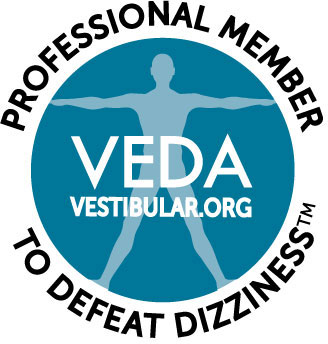Double vision, or diplopia, can cause blurred vision, difficulty processing images and understanding what’s right in front of you. The brain does not want to see double images. It’s counterproductive and it’s also irritating, but the symptoms of double vision can be corrected.

Double vision is a serious condition. While causes can often be minor, others may need medical attention immediately. It is important to see a doctor right away to determine the cause of your double vision.
Seeing a single, clear image with your eyes is a daily experience that most of us enjoy and don’t think much about. However, it requires the coordination of several parts of a person’s visual system, all working together seamlessly. This includes the cornea that focuses incoming light; the lens focusing that light further onto the retina; muscles rotating and moving the eye; nerves carrying visual information from the eyes to the brain; and the brain processing visual information from the eyes. If any part of the visual system does not work right, you can experience double vision.
Symptoms of Double Vision
Common symptoms of double vision include:
- Cross-eyed appearance
- Pain with eye movement
- Pain around the eyes
- Nausea
- Headache
- Droopy eyelids
- Weakness around or in the eyes
Diagnosis of Double Vision
Diagnosis of double vision includes multiple methods from physical exams to imaging studies like an MRI or CT and possible blood tests. The doctor will also ask you a series of questions about your condition, such as when it began and if you had a concussion or other head injury, and when the double vision worsens.
It is important to identify the underlying cause and in many cases, double vision can be treated. Monocular diplopia is often caused by poor or inadequate focusing of light by the eye with refractive errors such as myopia, hyperopia, and astigmatism being common causes. Binocular diplopia is caused by an eye misalignment that can be minor or significant and can be caused by life-threatening conditions such as a stroke, aneurysm, trauma, and brain swelling.
If the doctor determines that your double vision cannot be reversed, a suitable treatment can be offered to help minimize the effect, such as special prism glasses.
Double vision can have far-reaching consequences and complications. It is important to be diagnosed and treated properly. At the Neuro Visual Center of New York, Dr. Cheryl Berger Israeloff is skilled in diagnosing and treating conditions such as double vision and other common vision conditions such as vertical heterophoria (VH) that can also affect your vision through eye misalignment.
At the Neuro Visual Center of New York, we employ specialized equipment and effective techniques to diagnose and treat often very minor eye misalignments that can





